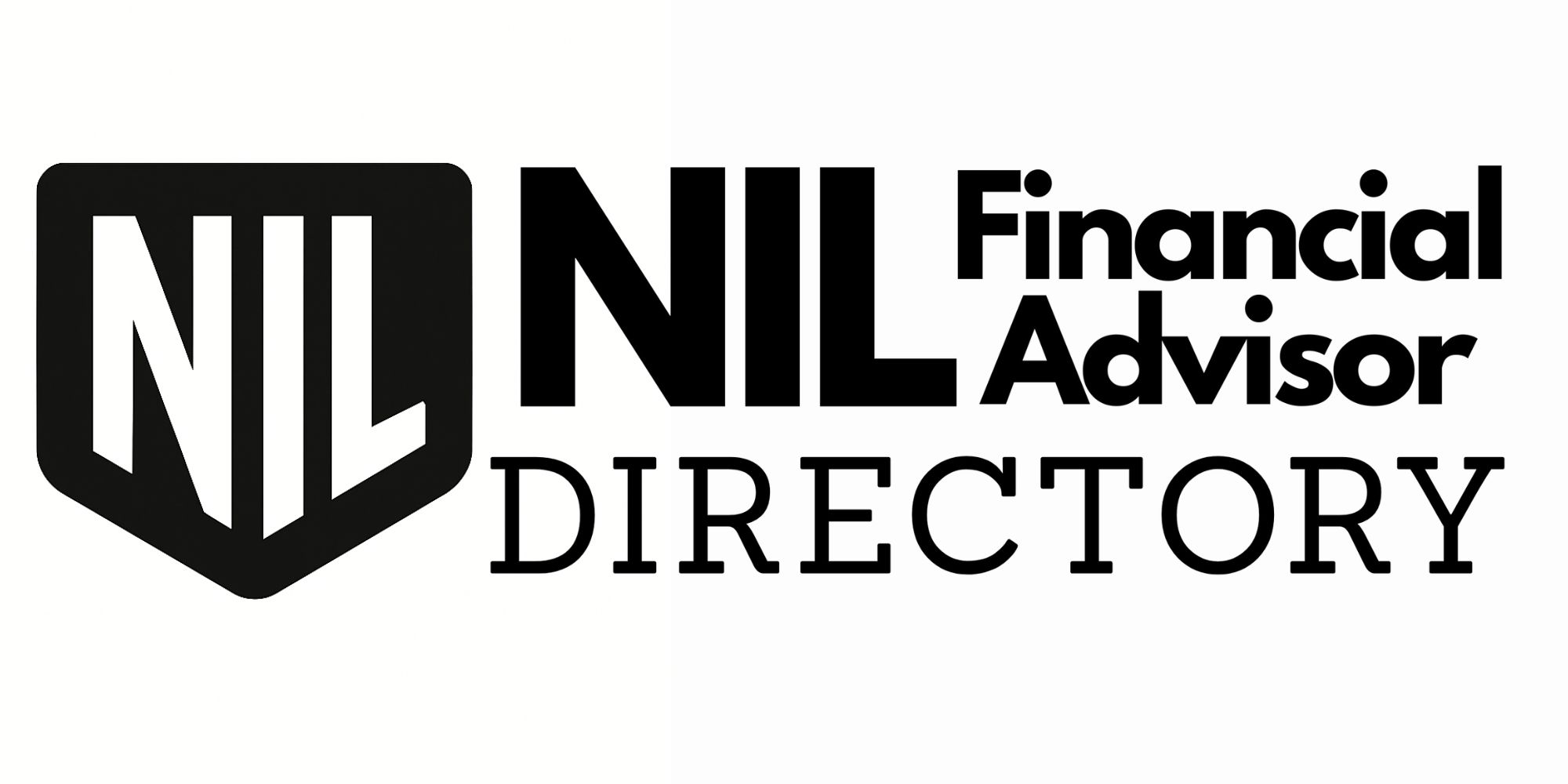Learning to Say ‘No’
- August 6, 2025
- Student Athlete
- 2 mins read
Learning to Say ‘No’: Setting Financial Boundaries in the NIL Era
For many student-athletes, the NIL era has opened doors that previous generations could only dream about. Endorsements, sponsorships, appearances, and social media deals are bringing in real money—sometimes life-changing money—while still in school. But with money comes responsibility, and one of the hardest lessons to learn is also one of the most important: learning to say “no.”
Why “No” is a Financial Superpower
When the checks start coming in, it feels natural to want to say “yes” to everyone and everything. Yes to friends who need help. Yes to family who sacrificed for your journey. Yes to teammates who want to celebrate. But money without boundaries can disappear faster than it arrived. The truth is, your NIL income is meant to support your growth, your future, and—if you choose—your family in the long term. Saying “no” isn’t selfish; it’s strategic. It’s what separates athletes who keep wealth from those who lose it.
The Pressures You’ll Face
Athletes entering the NIL space often face intense pressure from multiple directions:
Family Expectations: Parents or relatives may see NIL earnings as a chance to cover household bills or debts.
Friends and Teammates: Requests for cash, shopping trips, or “small loans” often come with guilt attached.
Social Media & Lifestyle: The temptation to say “yes” to every flashy opportunity or expensive purchase can be overwhelming.
Unvetted Opportunities: Not every NIL deal is a good one, but the pressure to accept everything can lead to bad contracts.
These aren’t new challenges—professional athletes have faced them for decades. The difference now is that they’re hitting college athletes earlier than ever.
What “No” Looks Like in Practice
Saying “no” doesn’t have to be harsh or unkind. In fact, having clear, respectful boundaries can protect both your finances and your relationships. Examples include:
To a friend asking for a loan: “I can’t lend money, but I can help you think through some ways to budget for what you need.”
To a family member asking for support: “Right now I’m focused on saving and paying my taxes first. Once I’ve got that set, I’ll look at what I can responsibly give.”
To a bad deal: “I appreciate the offer, but I need to pass. My team and I are only taking deals that align with my goals and brand.”
Tools That Help You Say “No”
A Budget: When you know exactly where your money is going, it’s easier to explain why you can’t hand it out freely.
A Trusted Advisor: Having an accountant, lawyer, or financial advisor allows you to redirect requests: “My advisor handles all financial decisions.”
A Written Plan: Write out your NIL goals—saving for grad school, buying a home, investing for the future. Referring back to your plan keeps you disciplined.
Long-Term Benefits of Boundaries
When you practice saying “no,” you gain more than just financial protection—you gain freedom. You protect your future self from regret. You build respect among peers who see you making disciplined choices. And you give yourself the chance to turn short-term NIL money into long-term financial security.
Final Word
The NIL era is exciting, but it comes with challenges that can derail athletes who aren’t prepared. Saying “no” doesn’t make you cold or uncaring—it makes you wise. Remember: every “no” to an unnecessary expense or bad deal is a “yes” to your future stability, freedom, and success.



